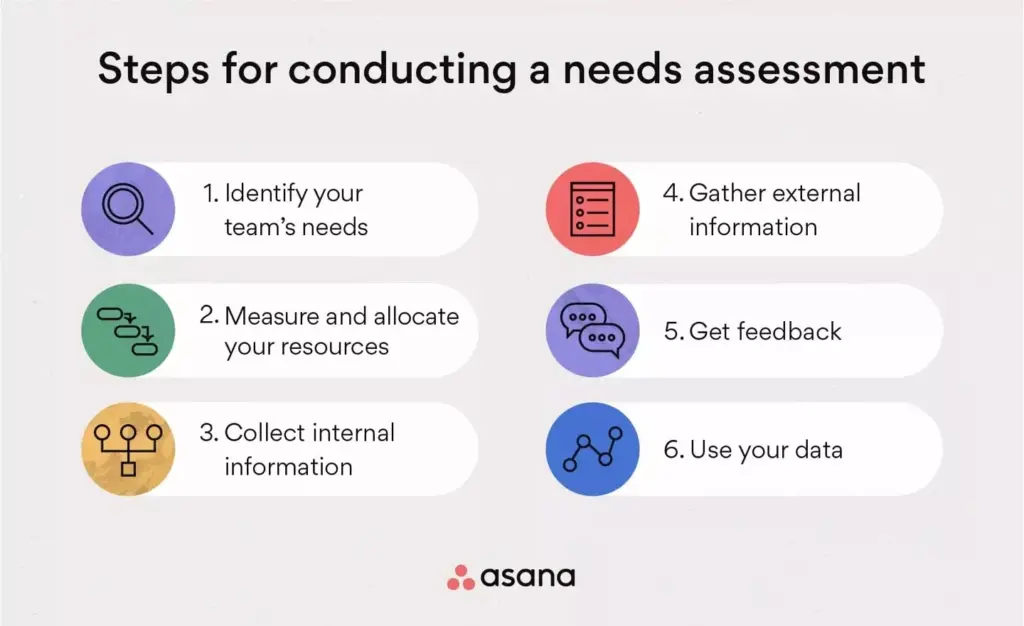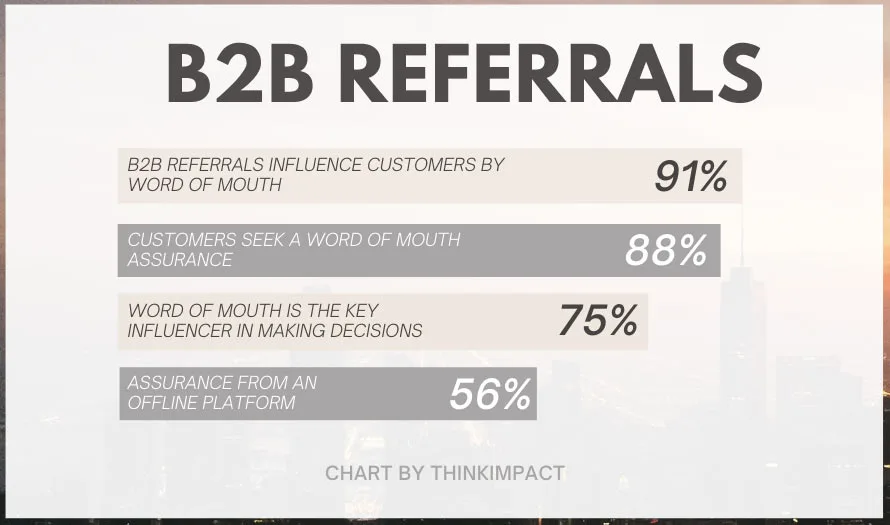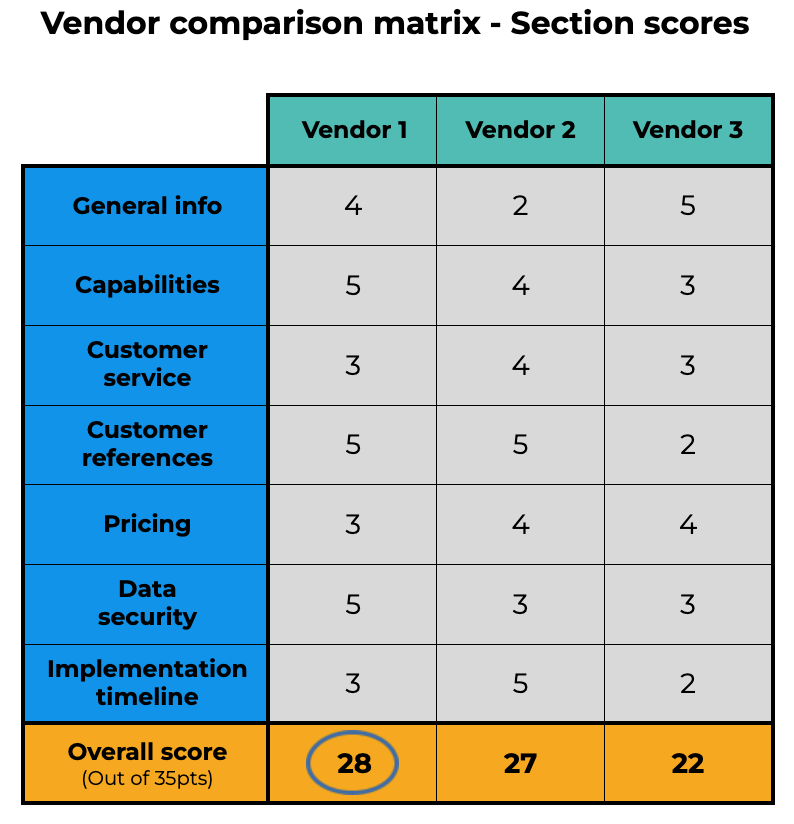Tips to Find the Right B2B Demand Generation Agency
Choosing a demand generation agency is a big decision for your business. Outsourcing demand gen means entrusting your brand awareness campaigns and much of your top-of-the-funnel marketing to an outside agency. Finding the right partner is essential — one that puts in work to get to know your brand and demonstrates that they have the expertise you need.
And while the process of outsourcing can feel stressful, it’s a smart one for most companies — demand gen agencies can save you money, increase your scalability, give you access to tools and technologies that enhance your strategy, and bring a knowledgeable, experienced team to the table to help you execute.
Plus, when you nail demand generation, the ripple effects make their way all the way down the pipeline. You’ll generate more (and better) leads thanks to better brand recognition and a wider marketing reach.
In short: Investing in a demand generation agency is a smart decision, as long as you choose the right one. This guide will walk you through 7 tips for choosing an agency you can trust to deliver.
Quick Takeaways
- Documenting internal and external research, such as a needs assessment and vendor comparison, help you objectively evaluate demand generation agency options.
- You may need to make a compelling case for outsourcing to executives and other company decision makers.
- Referrals are a powerful and trustworthy source for finding potential agencies.
- Alignment of teams, tools, and cultures is just as important as objective criteria, like your budget.
7 Steps to Finding the Right Demand Gen Agency
Perform a Documented Needs Assessment
If you’ve made the initial decision to outsource, you and your team likely have a sense of your needs — AKA what you need your demand generation agency to do for your business. But it’s a good idea to document it formally with a needs assessment.
A needs assessment curates the thoughts, goals, objectives, and motivations of your company’s stakeholders (in this case, your marketing team, marketing leaders, executives, and any adjacent teams, like sales) and puts them all in one place.
Your needs assessment doesn’t have to be arduous or complex, but it does need to be actually documented. Choose a shared repository for the information you collect (like a Google folder or other shared location) to house your assessment and centralize information there.
Start by assembling a team (this can just be a few people) to handle the assessment. Then, ask exploratory questions like:
- What needs or problems are we trying to solve?
- What do our current solutions look like?
- How would our ideal solutions be different?
- What do we need to do to get there?
Next, assess your internal situation. Account for current resources and what they cost, plus the kind of results they’re yielding in relation to your goals. Then, ask for and document feedback from other team members and stakeholders. In both cases, use measurable metrics whenever possible.
Use the data you collect to create a report that outlines your goals and objectives, where gaps exist, what your needs are to fill them, the next steps you need to take, and the impact your new solution will have on your business.

Make Your Case to Outsource
You’re likely not the only one involved in making the decision to outsource. Odds are you’ll need to gain executive buy-in, so be prepared to set clear expectations with stakeholders to build the foundation for success.
Before presenting to your team, prepare by answering the following questions:
- What do success metrics look like for your organization? Consider topics such as the number of deliverables, average sale price, MQL-to-close ratios, sales pipeline value, revenue generated, and calling and productivity metrics.
- How will outsourcing improve the timeframe for potential sales to hit your pipeline and begin to fill your funnel?
- What kind of data will you need to run a campaign for inbound and outbound marketing, and what will it cost?
- Will outsourcing help you scale and accommodate an increase in call volume to support new marketing initiatives or geographies?
- What will the cost look like from all angles? Consider things like staffing, management, training, benefits and incentives, overhead, software and enablement tools, data costs, analytics, and reporting.
- What resources are necessary from your end to make the outsourcing successful?
- How will you measure if the relationship makes sense from an investment perspective?
You’ll have uncovered much of this information during your needs assessment, so it’s just a matter of putting the information together in a compelling way.
Be sure to emphasize how the right demand generation agency partner will help you access higher levels of expertise, unlock new opportunities, generate innovative ideas, and learn new marketing tactics, all while being a trusted partner by your side on the journey to your goals.
Research and List Potential Agencies
Once you’ve got a clear view of your internal needs and have approval from higher-ups, it’s time to start your search for the right demand generation agency. Fortunately, this part of the process is easier than ever thanks to online search and vendor review sites. Spend time searching and create a list of agencies that align with what you’re looking for.
As you vet potential agencies, ask questions like:
- In what industries do they have experience?
- Have they had success with organizations in our industry?
- What is their overall reputation in the marketplace?
- Are there testimonials available from their past clients?
A proven track record is one of the surest signs you’ve found an agency you can trust. Definitely look for positive testimonials and public case studies that tell of client success. Check out demand gen materials from those clients (i.e. landing pages and content) to get an even better sense of how the agency can bring to the table.
Finally, go through each agency’s product/service offerings to be sure they can deliver solutions that fit your needs.
Ask for Referrals
Referrals are a huge part of the B2B purchase process — 91% of B2B customers are influenced by them, and they’re a key influencer in 75% of buying decisions. Why? Because referrals are a trustworthy source — you’re getting recommendations from professionals who have firsthand experience with the demand generation agencies you’re considering.

Take advantage of your professional network and ask peers and partners if they have referral recommendations from their experience. If you’re feeling overwhelmed by the number of options you find in the beginning, turning to your referral network can be a good way to narrow them down.
Compare Services and Solutions
Demand generation agencies operate in the same service area, but their solutions, packages, and price points vary. Even if you love an agency after your initial research, it’s essential to make sure they can actually meet your needs.
Once you’ve created a list of agencies you’re considering, do a thorough comparison of what each offers. Refer back to your needs assessment to align solutions with your goals, and as you did when you created your assessment, document your comparisons for reference.
If you have a team working together on your agency search, consider using tools like a supplier scorecard or comparison matrix, which can help you objectively score agencies based on various needs criteria.
Your team can fill them out together, or do it individually and then discuss as you come to a decision. A simple vendor scorecard example is pictured below, but note that the criteria you list will vary greatly and should align with your specific priorities.

Meet With Your Short List
By now, 2-3 agencies should be emerging as your top choices based on the internal and external research you’ve done. These are the agencies you’ll need to reach out to and meet with — ask questions, meet with their team members, confirm solutions and pricing, and cover other topics you need to know more about to make your decision.
This step is about getting to know more than what’s available digitally. Take time to set up a call or meeting rather than sticking to email or digital chat. These meetings — and the sense of alignment you feel with a particular agency when you get to know them — is often the X factor that helps you make a final choice.
Total Alignment: The Key to Success
Even though you’re hiring a demand generation agency to do a job, they should operate as a partner to your company in helping you achieve your goals. In practice, it’s a highly collaborative working relationship that requires alignment in key areas like team, tools, and culture.
As you evaluate your short list of agencies, ask questions like:
- How did our teams interact? Was it a positive working environment?
- Do their tools and technologies integrate easily with our systems?
- Are their processes and communication styles in alignment with ours?
- Do our values and culture align?
These alignment factors — many of them considered “intangibles” — are just as important as more objective measures, like your budget. If you can’t work successfully with your demand gen agency in an ongoing way, you’re unlikely to meet your objectives.
In the end, your team will be left with a few great options and you’ll have to make the choice to go with the agency that feels most right for your company. Evaluating these factors will help you do it.
Looking to boost demand gen results right away? Televerde can help. Our comprehensive demand generation services include qualified meeting generation, lead qualification, partner program enablement, chat management, partner support and more. Contact our team to learn more about how we can help your business grow.


